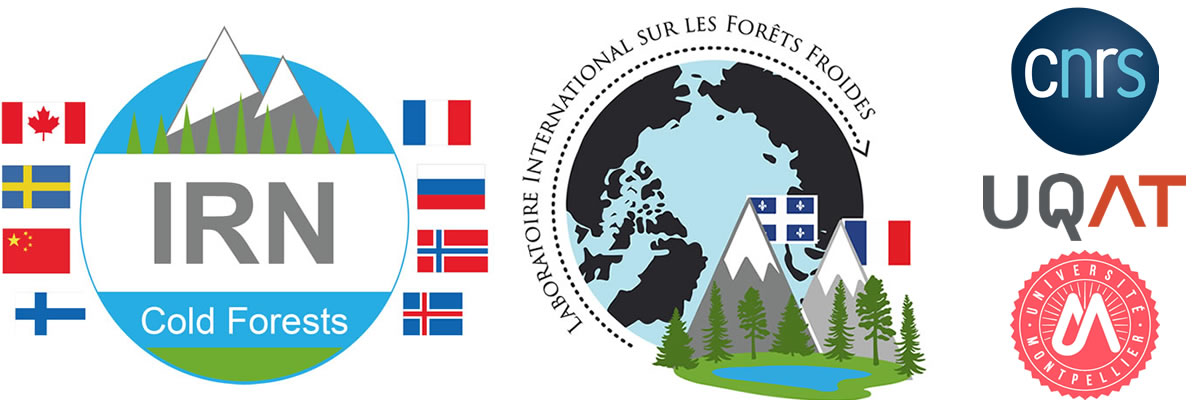Many of us, members of the IRN – Cold Forests, are using charcoal analysis to reconstruct wildfire regimes over secular to millennial timescales. We sample charcoal from various environmental repositories (e.g., lake sediments, peat, forest soil), that we analyse using different methods (e.g., counts, surface area, anatomy).
Sometimes we are interested in fire in and of itself, sometimes in the interactions between fire, climate, vegetation, as well as other disturbances, natural and anthropogenic. While the discipline of charcoal analysis has made major leaps forward in the last 20 years, it still faces many challenges. Nevertheless, charcoal analysis is highly useful to address a wide variety of ecological questions regarding the functioning of cold forests and other environments where fire (whether of natural or human cause) plays a key role.
The Écoscience review is soliciting manuscripts for a Special Issue that will focus on charcoal analysis. Contributions could include studies using charcoal analysis to answer original ecological questions; methodological advances in charcoal analysis; or review papers on topics related to charcoal analysis. Écoscience is an international multidisciplinary journal that covers all aspects of ecology. The journal welcomes submissions in English or French and publishes original work focusing on patterns and processes at various temporal and spatial scales across different levels of biological organization.
More information here : PDF.
© Photo Dorian Gaboriau

